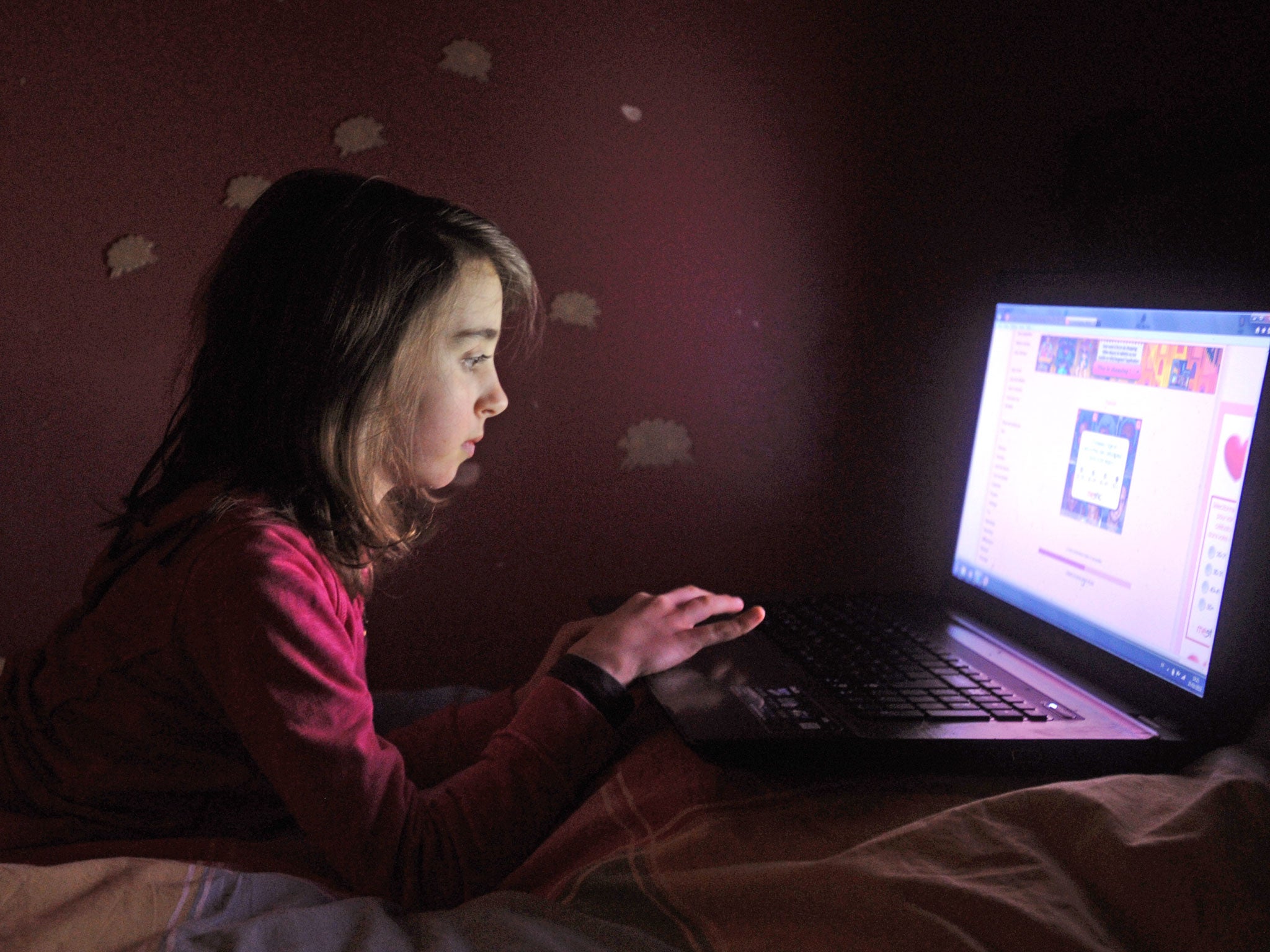Primary school-age pupils sharing sexual content in the classroom, teachers warn
One teacher reported 'explicit photos' circulated by pupils had resulted in a police intervention, after they ended up online

Your support helps us to tell the story
From reproductive rights to climate change to Big Tech, The Independent is on the ground when the story is developing. Whether it's investigating the financials of Elon Musk's pro-Trump PAC or producing our latest documentary, 'The A Word', which shines a light on the American women fighting for reproductive rights, we know how important it is to parse out the facts from the messaging.
At such a critical moment in US history, we need reporters on the ground. Your donation allows us to keep sending journalists to speak to both sides of the story.
The Independent is trusted by Americans across the entire political spectrum. And unlike many other quality news outlets, we choose not to lock Americans out of our reporting and analysis with paywalls. We believe quality journalism should be available to everyone, paid for by those who can afford it.
Your support makes all the difference.Young children are sharing online pornography and sexual content in and outside of the classroom, teachers have warned, as calls are made to ensure young people are given proper lessons regarding the dangers of online.
In a survey of more than 1,500 teachers, around two thirds (62 per cent) said they were aware of pupils sharing inappropriate sexual content, with as many as one in six (16 per cent) of these children of primary school age.
Respondents expressed concerns over pupils using mobile phones to share the sexual content, as well as using them to post their own images online or send “threatening” and “homophobic bullying texts” to vulnerable students.
Teachers reported pupils “overtly talking about and showing phone communications involving sexual activity during lessons,” and “multiple incidences of social media trolling and abuse”.
One teacher spoke of how pupils had created an Instagram group for students to anonymously send secretly taken photos of other students to be rated and commented on, “sometimes with a score of attractiveness”.
Another said a fake page had been set up to “entrap” other pupils to post naked photos of themselves which were then shared.
“Explicit photos sent to each other then ending up on the wrong sort of website frequented by paedophiles. Police involved,” one anonymous teacher reported.
Barnardo's children's charity said the findings were "shocking", and provided "further proof of how important it is to help children better understand healthy relationships and the dangers in the real world and online".
The charity's chief executive, Javed Khan, said: “Constant access to social media, online pornography and other harmful online content can distort young people’s body image, their view of healthy relationships and ideas of consent.
"It can also lead to children and young people engaging in activities like sharing naked images and online abuse.
“We welcome the fact statutory relationships and sex education will soon be introduced," he added, "but it must cover subjects such as ‘sexting’, consent, and online grooming to help keep children safe, and protect them from being groomed and sexually exploited.”
Last month Education Secretary, Justine Greening, announced children from the age of four would be given lessons about safe and healthy relationships, following pressure from charity groups who say the current curriculum is out of date.
The curriculum is yet to be published, but the Government says from next year all schools across England will be bound by the same obligation to include lessons on the dangers of online pornography, sexting and sexual harassment.
The same poll, led by NASUWT teaching union ahead of their Easter conference, also found “worrying” numbers of teachers had been subject to online abuse from pupils and parents making public complaints and allegations.
A third of teachers said they had been subject to social media abuse over the past 12 months, but no follow-up action was taken in nearly half (45 per cent) of cases.
The survey also highlighted concerns over a lack of guidelines in place within the majority of schools to support teachers who receive online abuse form parents and pupils.
Commenting on the findings, Chris Keates, General Secretary of the NASUWT, said: “The findings of this survey paint a shocking picture of what is happening in our schools, where on a day-to-day basis teachers are getting no support despite being subjected to appalling levels of online abuse, while pupils’ ability to view and share inappropriate online content seems to continue virtually unabated.
“Most worryingly it appears that rather than setting a good example to their children, even some parents think it is acceptable to abuse and threaten teachers online.
“This has to stop. Being a victim of online abuse can be a very traumatic experience, which can potentially ruin lives and careers. Government must act to put more safeguards in place to protect teachers and pupils alike and ensure our classrooms remain a safe and secure environment for all.”
A Department for Education spokesperson said: “Educating children and young people about the importance of healthy relationships and issues such as ‘sexting’ and internet safety is one of the best ways to tackle them.
“That is why we are making relationships education mandatory for every child and will work with experts and the teaching profession to update statutory guidance, which was introduced nearly twenty years ago, so it is relevant to the issues young people face today.”
Join our commenting forum
Join thought-provoking conversations, follow other Independent readers and see their replies
Comments